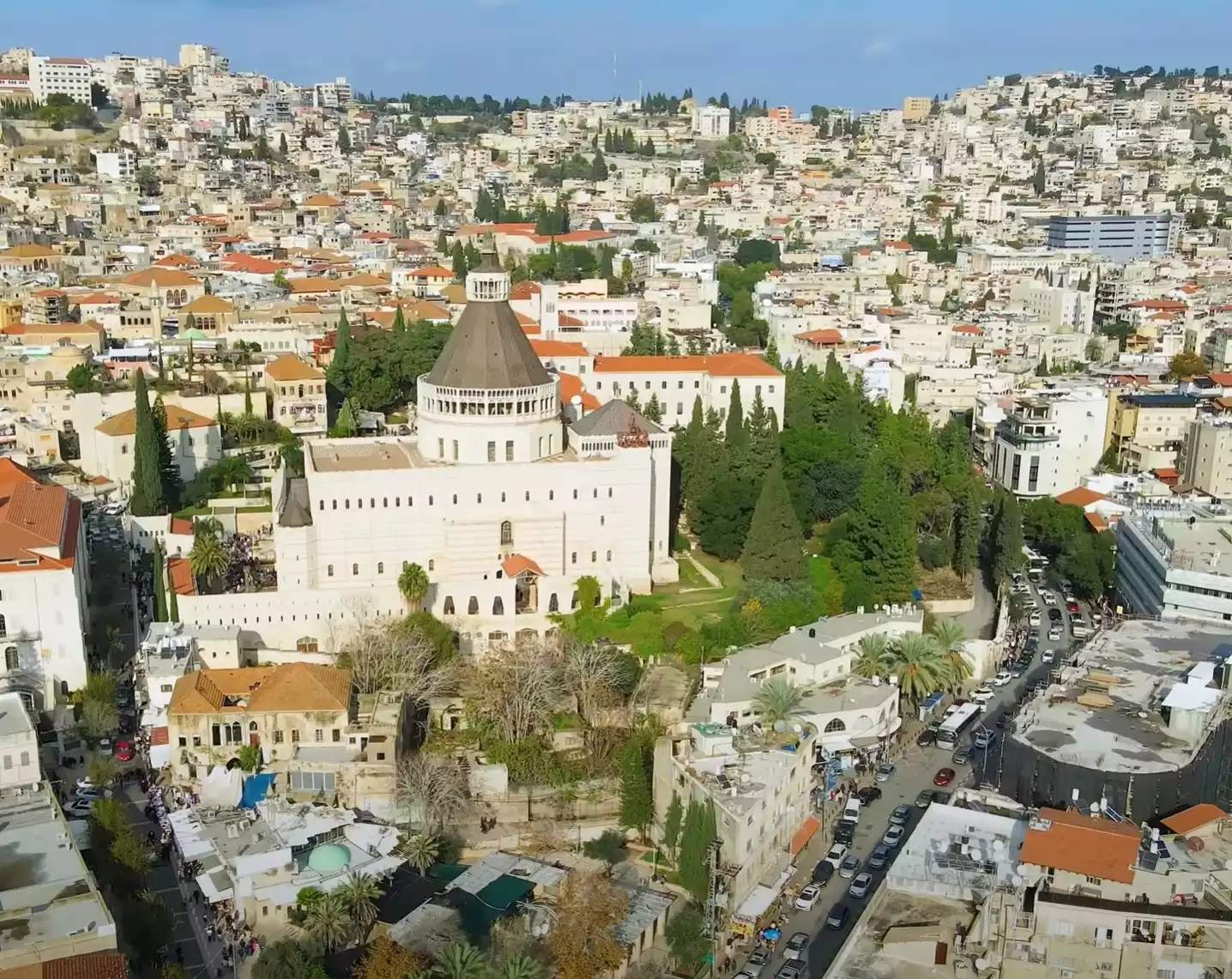
Nazareth, renowned as the hometown of Jesus Christ, stands as a pivotal location in historical and religious narratives. Nestled within the heart of modern-day Israel, this ancient city embodies a rich tapestry of cultural, religious, and historical significance. Its connection to Jesus Christ not only attracts millions of pilgrims annually but also makes Nazareth a focal point of scholarly interest.
The Historical Foundations of Nazareth
Nazareth’s history, deeply intertwined with the life of Jesus, dates back millennia. Initially a small Jewish village, it transformed significantly over centuries. Archaeological findings in Nazareth reveal insights into its ancient inhabitants, their lifestyles, and their spiritual practices. These discoveries provide a tangible connection to the biblical accounts, enhancing our understanding of the era in which Jesus lived.
Throughout its history, Nazareth has witnessed numerous changes in governance and cultural influences, from Roman rule to Byzantine and later, Ottoman dominion. Each era left an indelible mark on the city’s architecture, customs, and societal structures. Notably, Nazareth’s religious landscape is marked by prominent Christian landmarks, such as the Basilica of the Annunciation, which celebrates the angel Gabriel’s visitation to the Virgin Mary.
Moreover, Nazareth’s role in early Christianity cannot be overstated. The teachings and parables of Jesus, deeply rooted in the context of Nazareth’s social and religious milieu, have echoed throughout history. This city, therefore, offers a unique lens through which to explore the early Christian church and its teachings.
As Nazareth evolved, so too did its cultural and religious diversity. Today, it stands as a testament to coexistence, with Christian and Muslim communities living side by side. This blend of cultures not only enriches Nazareth’s social fabric but also adds complexity to its historical narrative.
In exploring Nazareth’s past, one gains a deeper appreciation for its present. The city’s historical journey from a humble village to a world-renowned religious site encapsulates a story of resilience, transformation, and enduring significance.
The Cultural and Spiritual Legacy of Nazareth
The cultural and spiritual legacy of Nazareth, the hometown of Jesus, extends far beyond its historical significance. In contemporary times, Nazareth serves as a vibrant center for religious tourism, drawing visitors from around the globe. The city’s rich tapestry of traditions, festivals, and religious ceremonies offers a unique glimpse into the living legacy of biblical narratives.
Nazareth’s culinary scene, influenced by centuries of cultural exchanges, showcases a blend of Middle Eastern flavors. Traditional dishes, often mentioned in biblical texts, provide a sensory connection to the past. Additionally, the local craftsmanship, particularly in olive wood and stone, reflects the artisanal skills passed down through generations.
The city’s educational and cultural institutions play a crucial role in preserving Nazareth’s heritage. Museums and research centers dedicated to the study of biblical history and archaeology offer valuable insights into the life and times of Jesus. These institutions also foster interfaith dialogue, promoting a deeper understanding and respect among different religious communities.
Nazareth’s spiritual significance is further amplified during major Christian festivals such as Christmas and Easter. These events attract thousands of pilgrims, celebrating the life and teachings of Jesus in his hometown. The city thus becomes a living canvas, portraying the enduring impact of its most famous resident.
The ongoing appeal of Nazareth lies in its ability to connect the past with the present. Visitors walking through its ancient streets experience a sense of continuity, a link to the spiritual and historical journey that began over two millennia ago. Nazareth, as the hometown of Jesus, continues to be a beacon of faith, hope, and inspiration.
In summary, Nazareth, the hometown of Jesus, is a city of profound historical and cultural significance. Its enduring legacy, shaped by its biblical connections and rich cultural tapestry, continues to captivate and inspire. As a living testament to the life and teachings of Jesus, Nazareth remains a pivotal site for religious scholars, pilgrims, and history enthusiasts alike.
References
Green, L. “The Roads to Nazareth.” Oxford University Press, 2016.
Jones, A. “Nazareth in Context.” Routledge, 2019.
Miller, R. “Ancient Nazareth: Archaeological Insights.” HarperCollins, 2017.
